Former Florida Gov. Jeb Bush arrived at Wednesday night’s debate in Boulder, Colo., in desperate need of a moment to turn around a struggling campaign that was still reeling from an internal shakeup. He didn’t get it. And he knew it.
Instead, he was relegated to also-ran status who struggled to be heard. Rivals, including a one-time mentee, showed him no mercy in their jabs. And through scowls and disbelief, Bush watched as the race for his Republican Party’s presidential nomination slipped further from his grasp.
“I will change the culture in Washington, just as I changed the culture in Tallahassee,” Bush said, repeating a familiar line from his standard speech as he closed out a two-hour session that was clearly painful for him to wage. He couldn’t even make his way through the statement without pausing to cough.
Rival campaigns went so far as to suggest that Wednesday’s evening might have been the beginning of Bush’s end. That view was undoubtedly premature, but there was no denying that the evening was a dud for the one-time front-runner with deep pockets.
“There’s no need to pile on Gov. Bush after his performance tonight,” Marco Rubio‘s campaign manager, Terry Sullivan, said after the debate. “Their exchange speaks for itself.”
The drama was a long time coming. After months of coded criticism, the splits within the GOP erupted into full view. Bush and Rubio ended a months-long détente. Ohio Gov. John Kasich said his rivals can’t do math. Sen. Ted Cruz of Texas ignored questions about policy to grandstand in a screed against the media. And, for the first time, Donald Trump, the one-time front runner who is slipping in the polls, was largely inconsequential to the proceedings.
This was what the campaign that 2016 was always going to become. It just took 10 months to get here. And it foretells a dicey, nasty and often personal race in the three months before Iowans lead-off the nominating calendar on Feb. 1.
Bush was the biggest loser in spats with Rubio and New Jersey Gov. Chris Christie as well as in silence throughout most of the balance. It was the last thing his campaign needed.
“You should be showing up to work. I mean, literally, the Senate, what is it, like a French work week? You get like three days where you have to show up,” Bush said in his first serious criticism of Rubio of the campaign. Bush had telegraphed the attendance attack for days, as aides came to believe it would slow the rise of the inexperienced but dynamic senator.
See Jeb Bush's Life in Photos
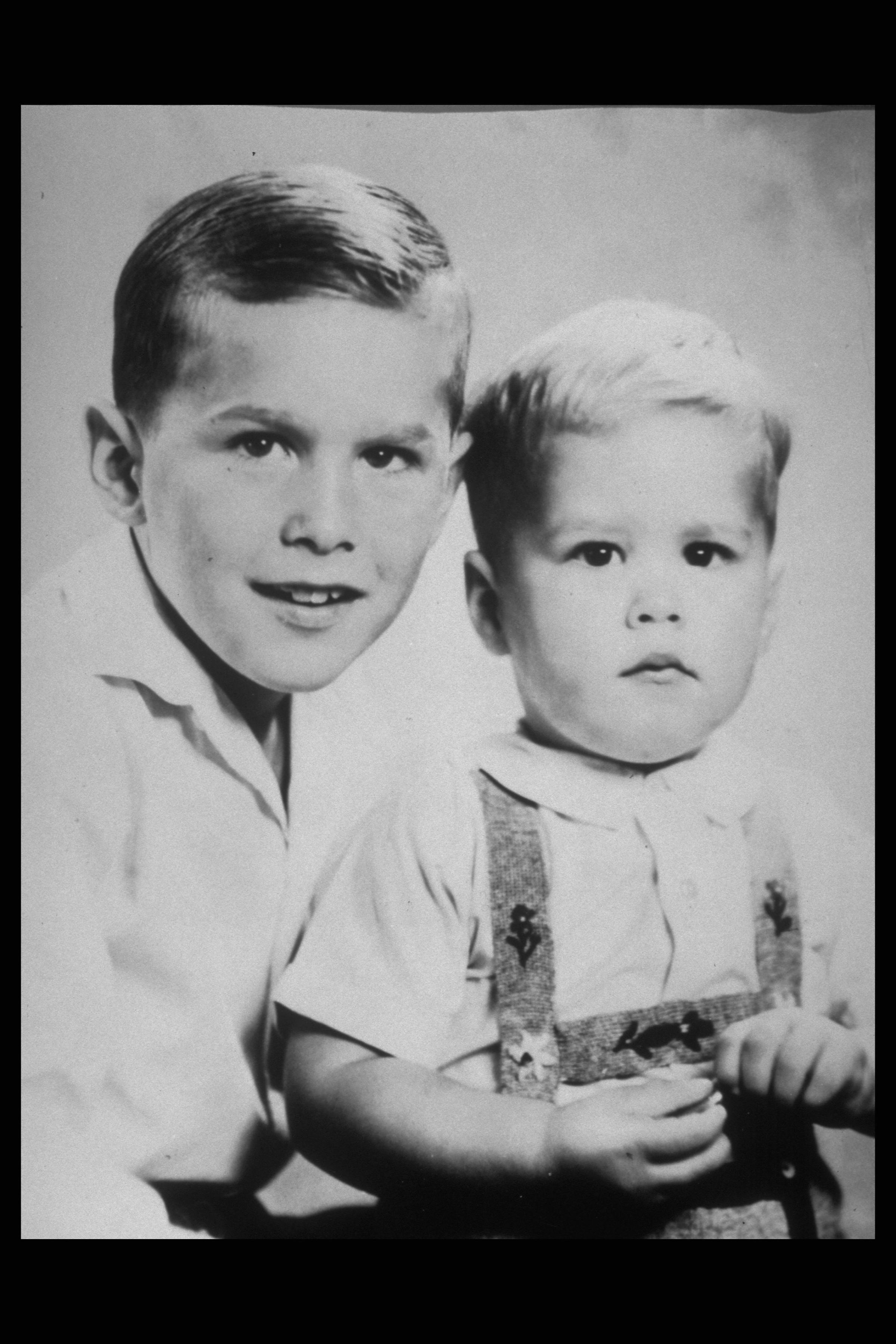
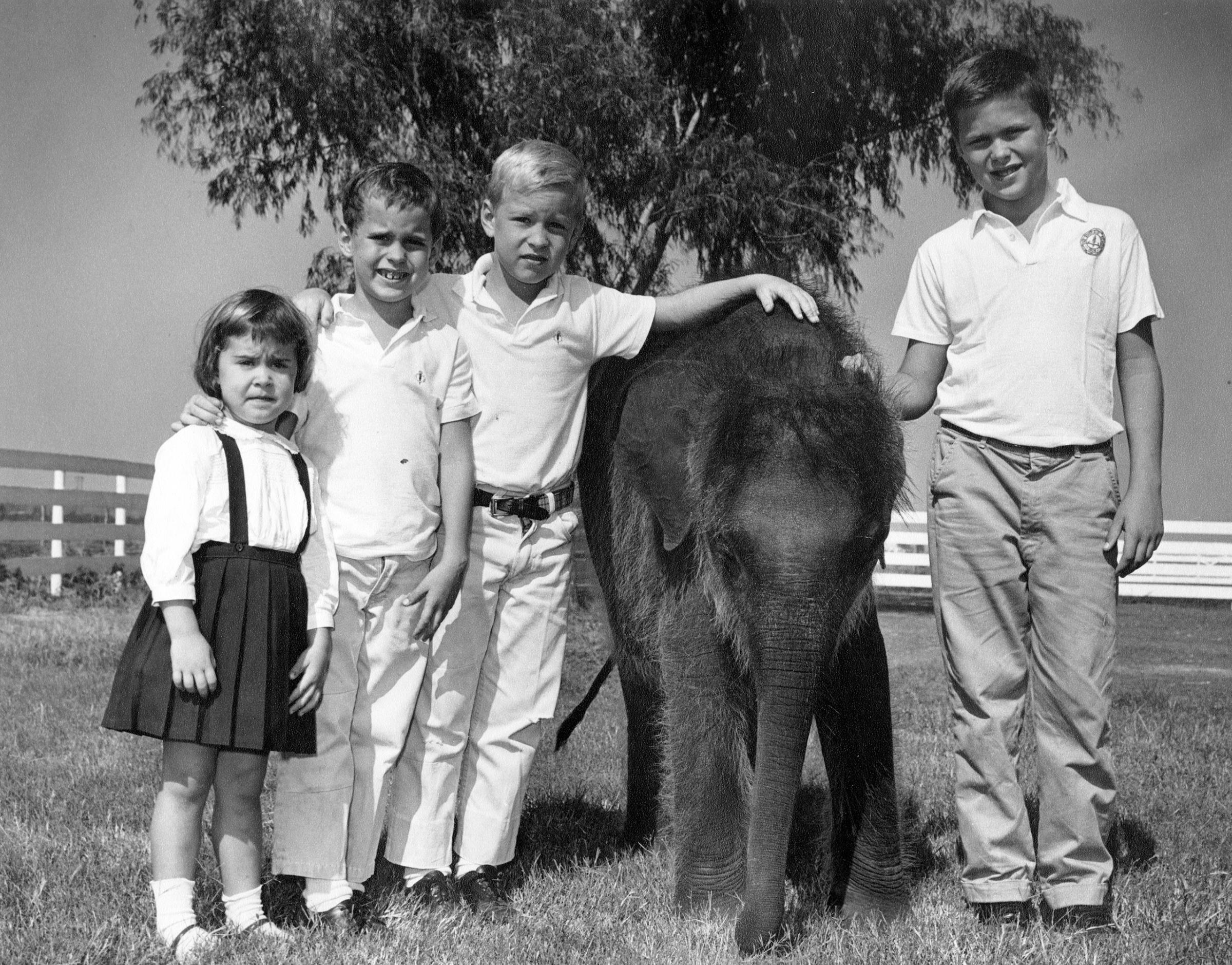
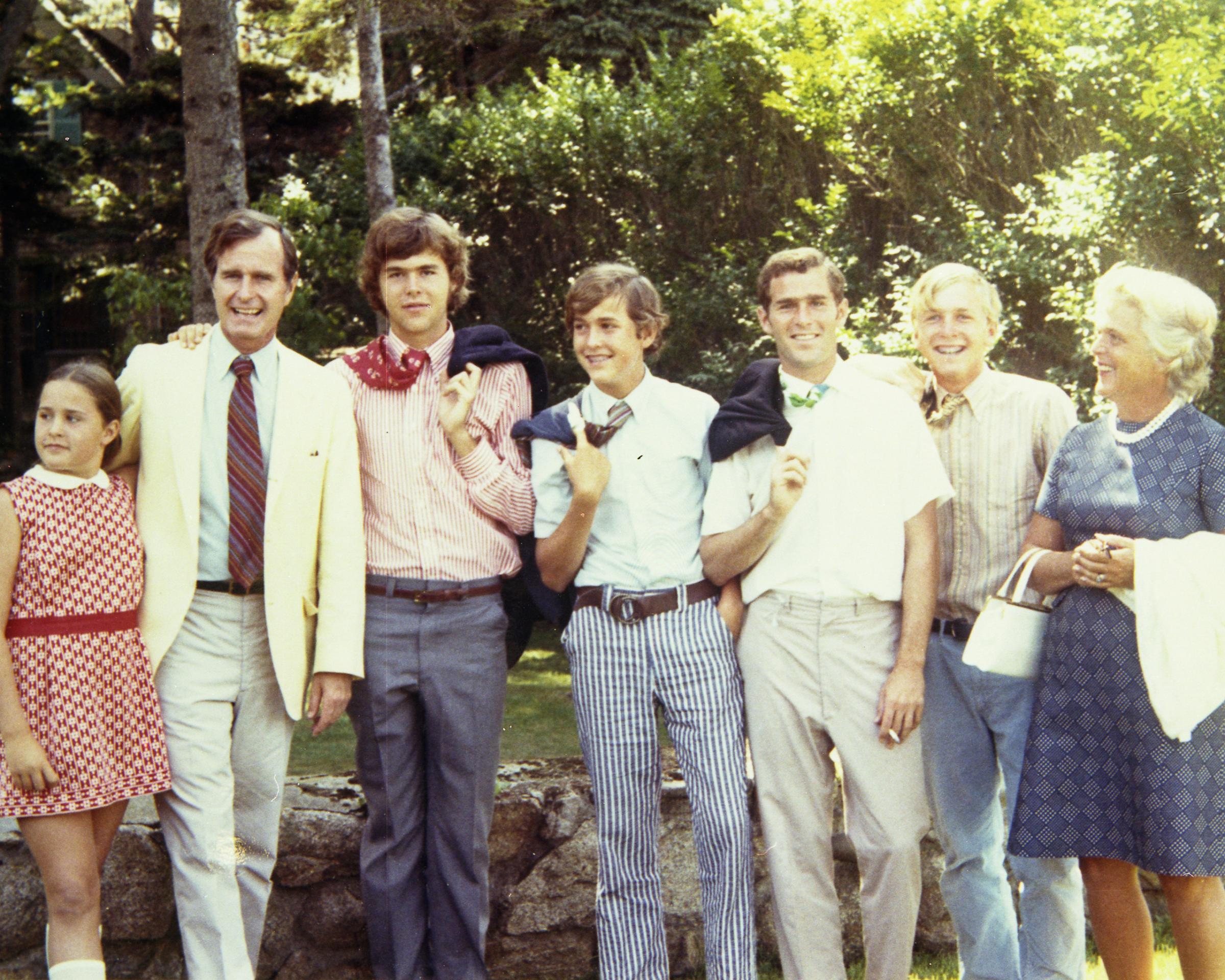
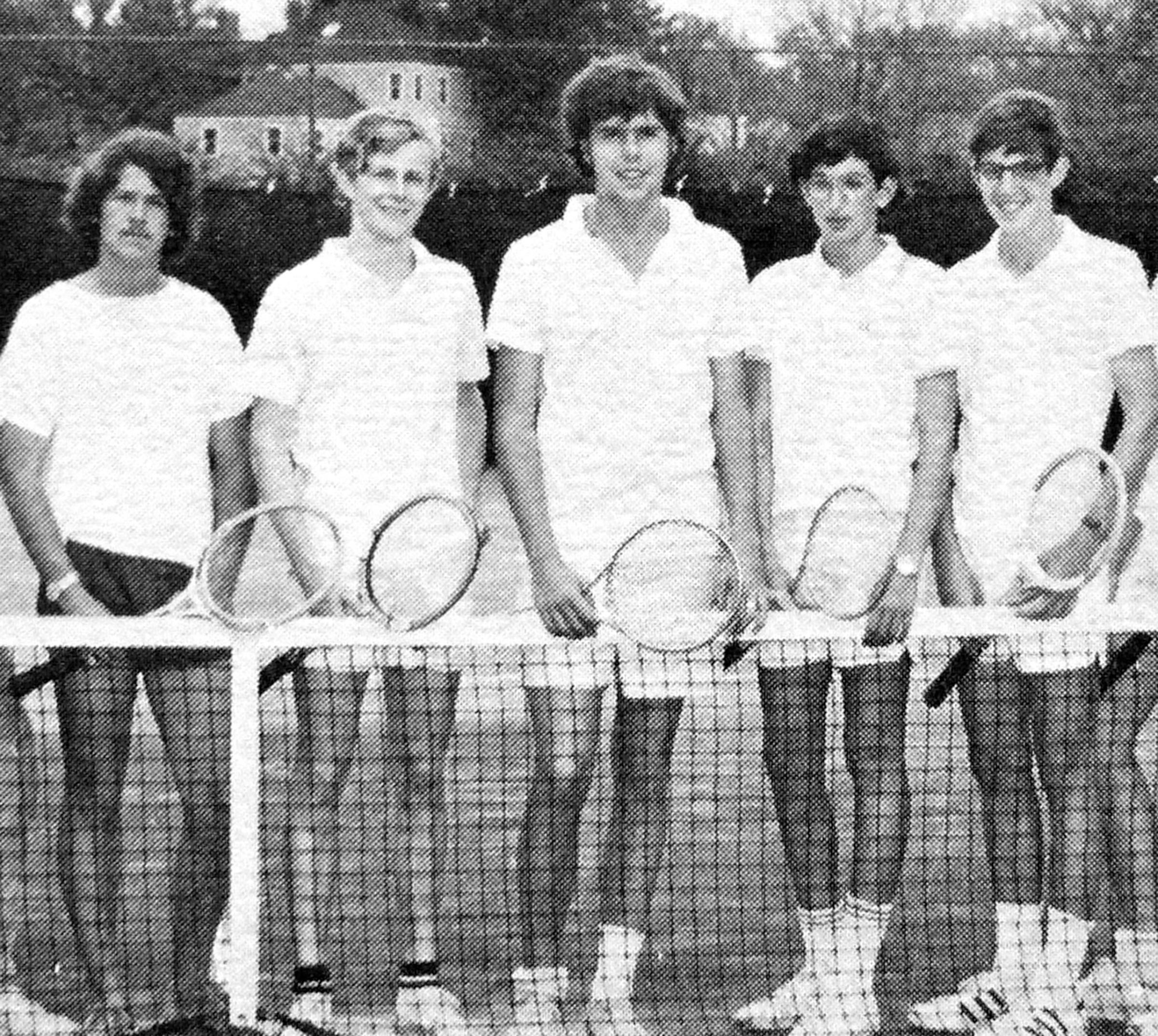
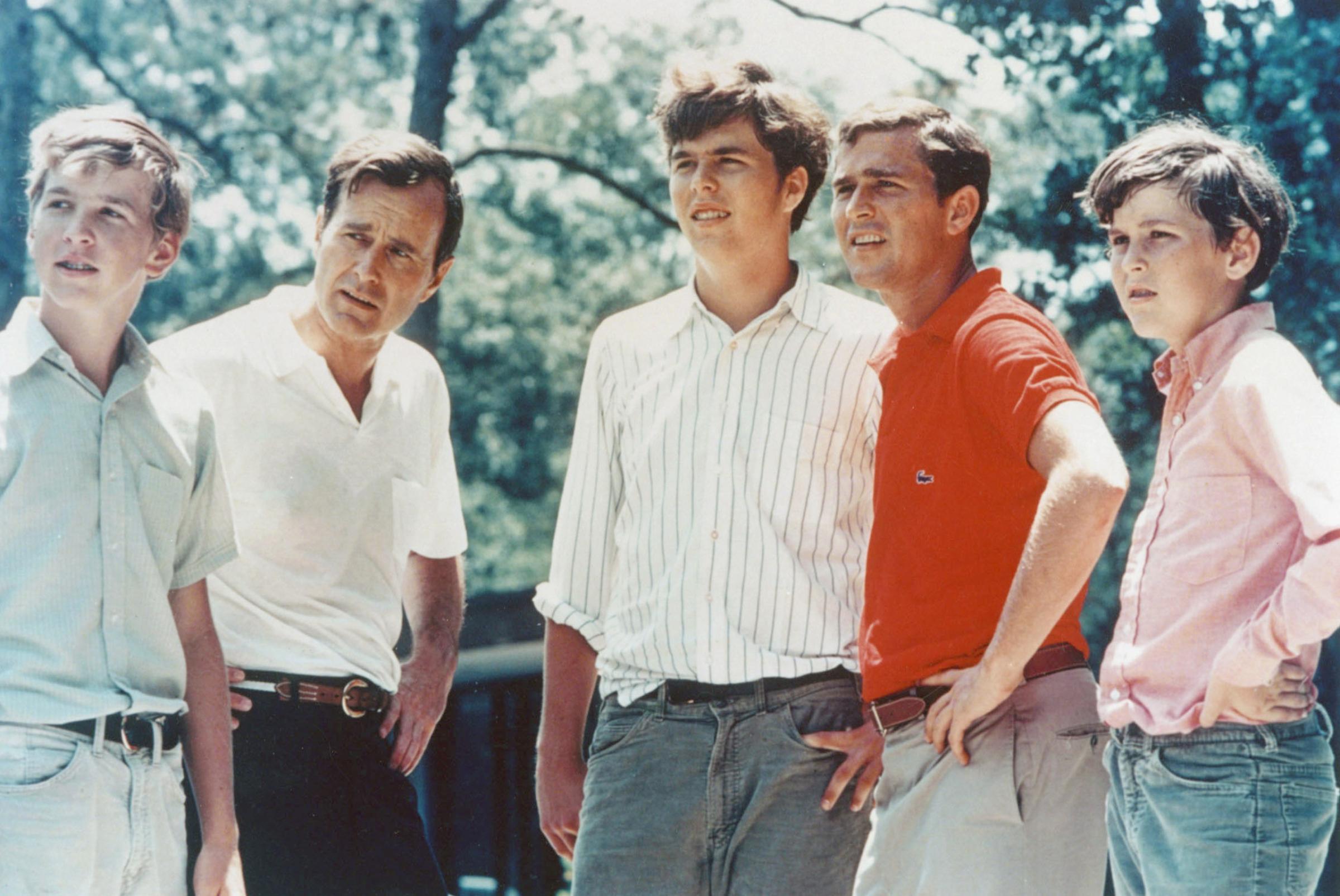
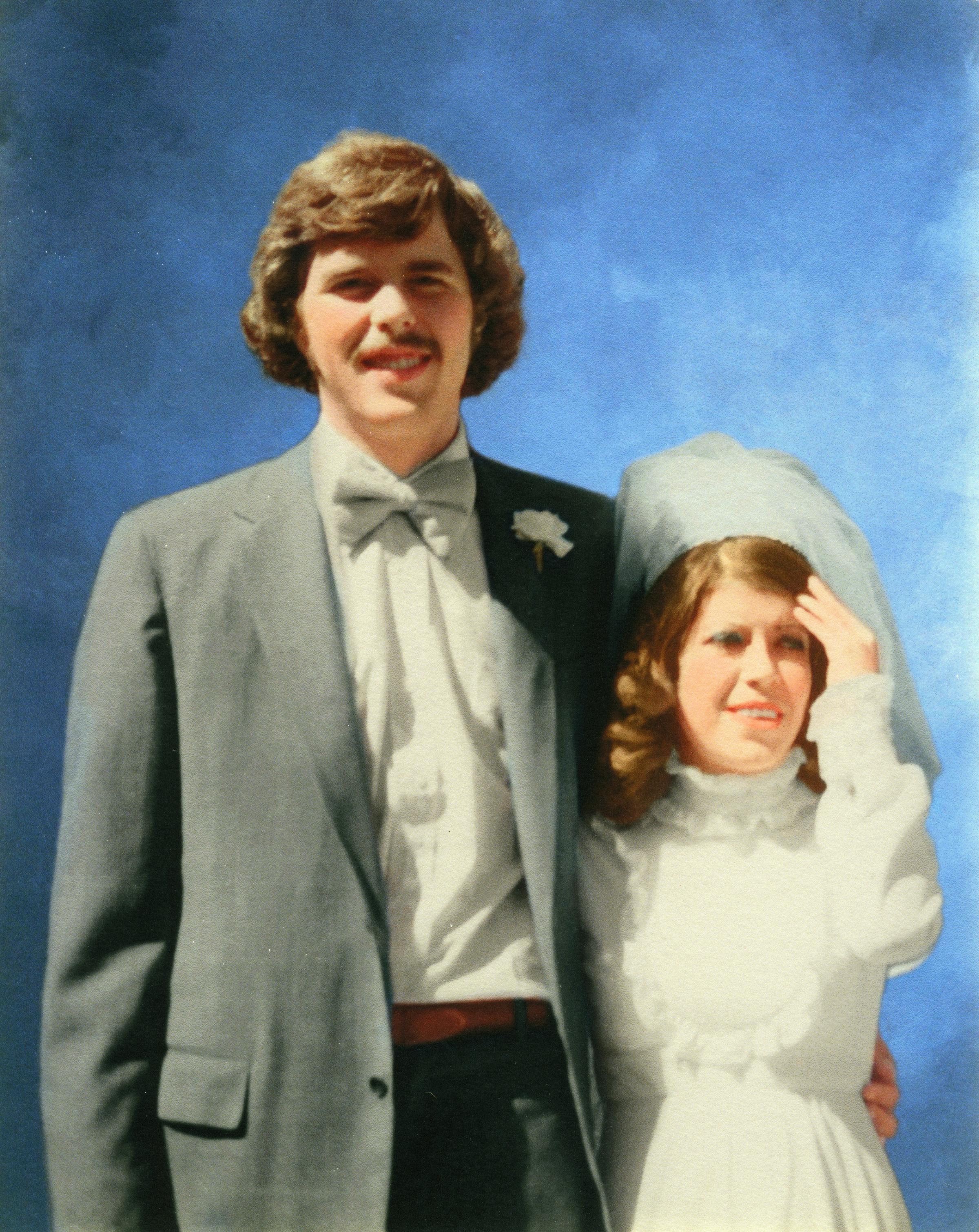
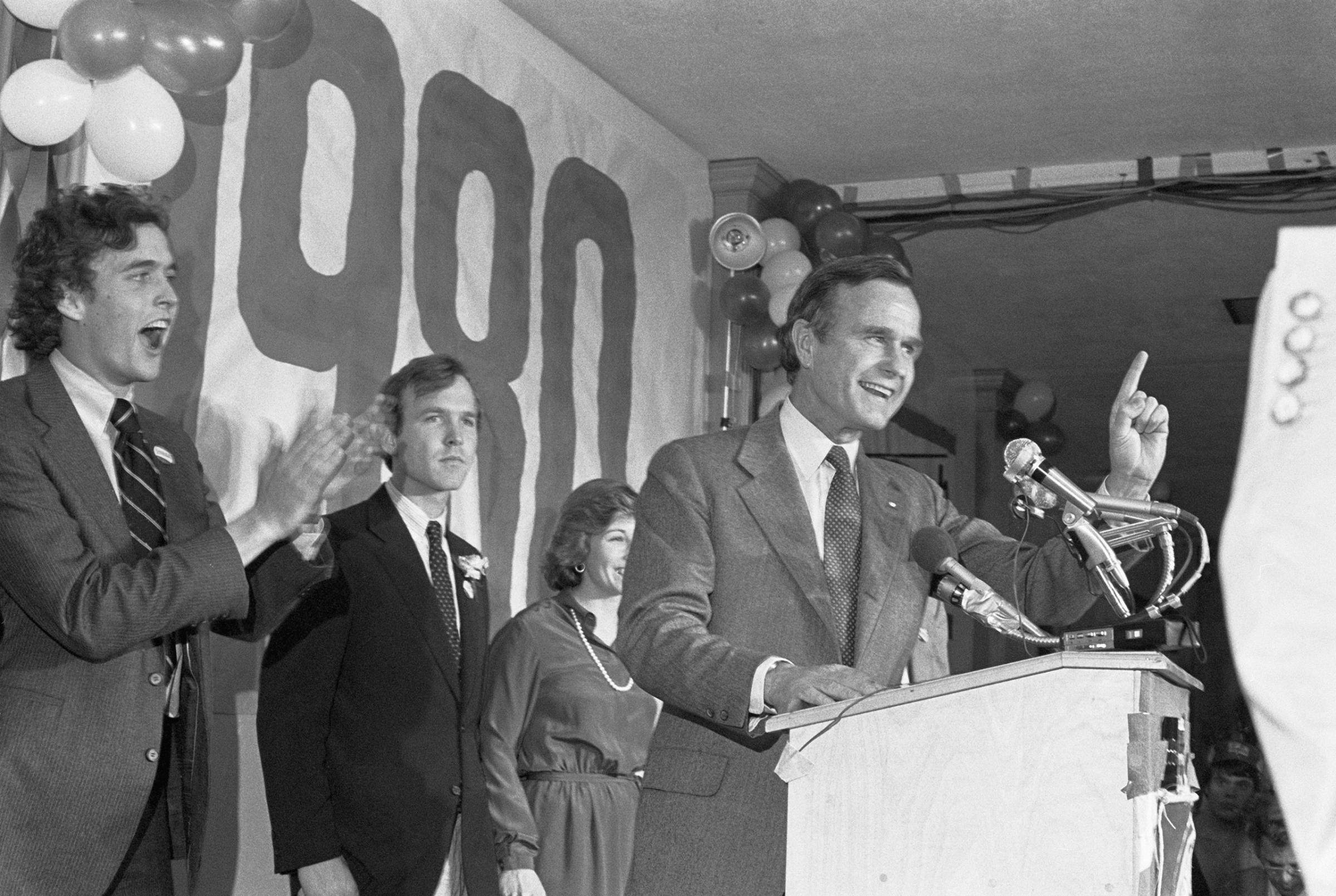
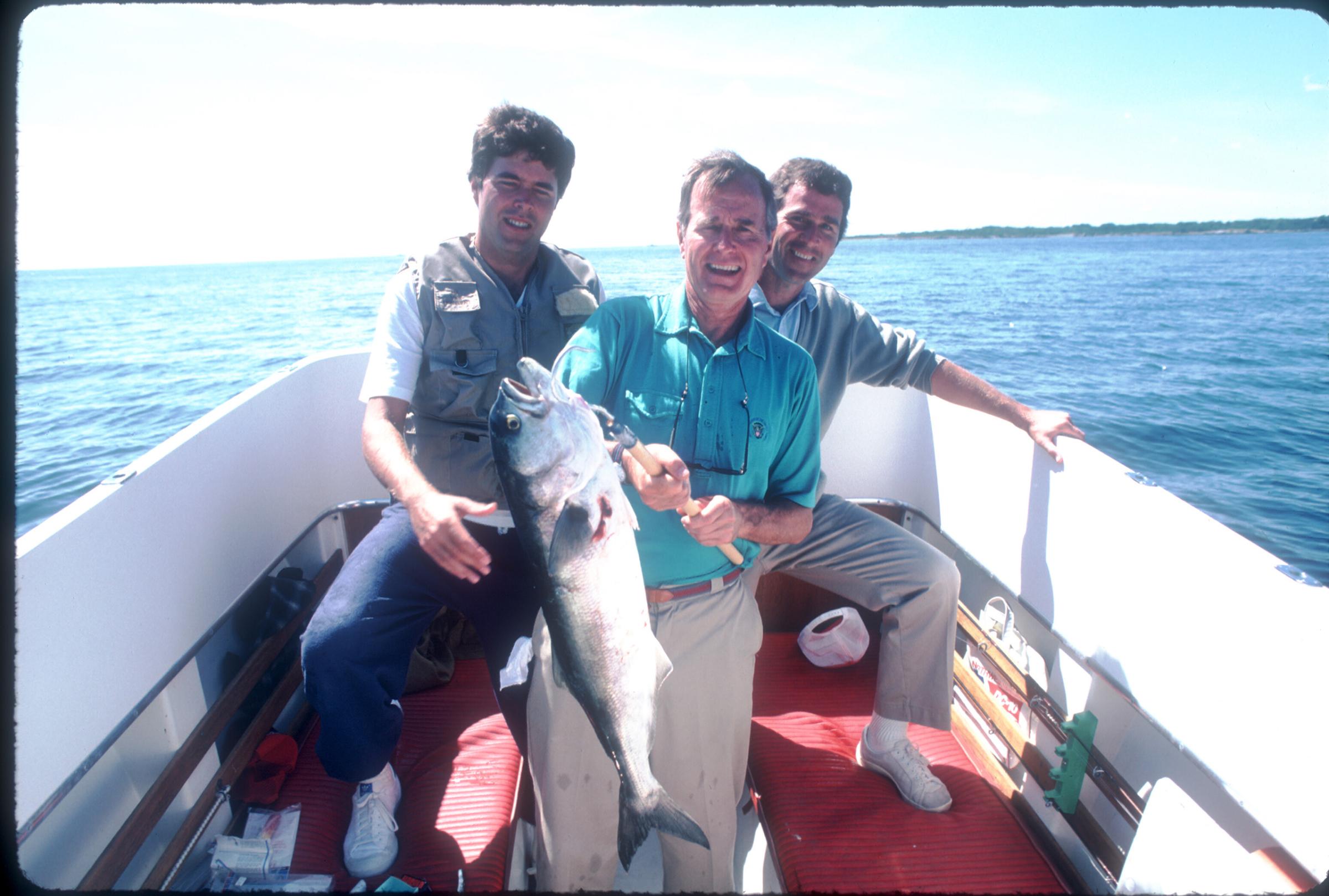
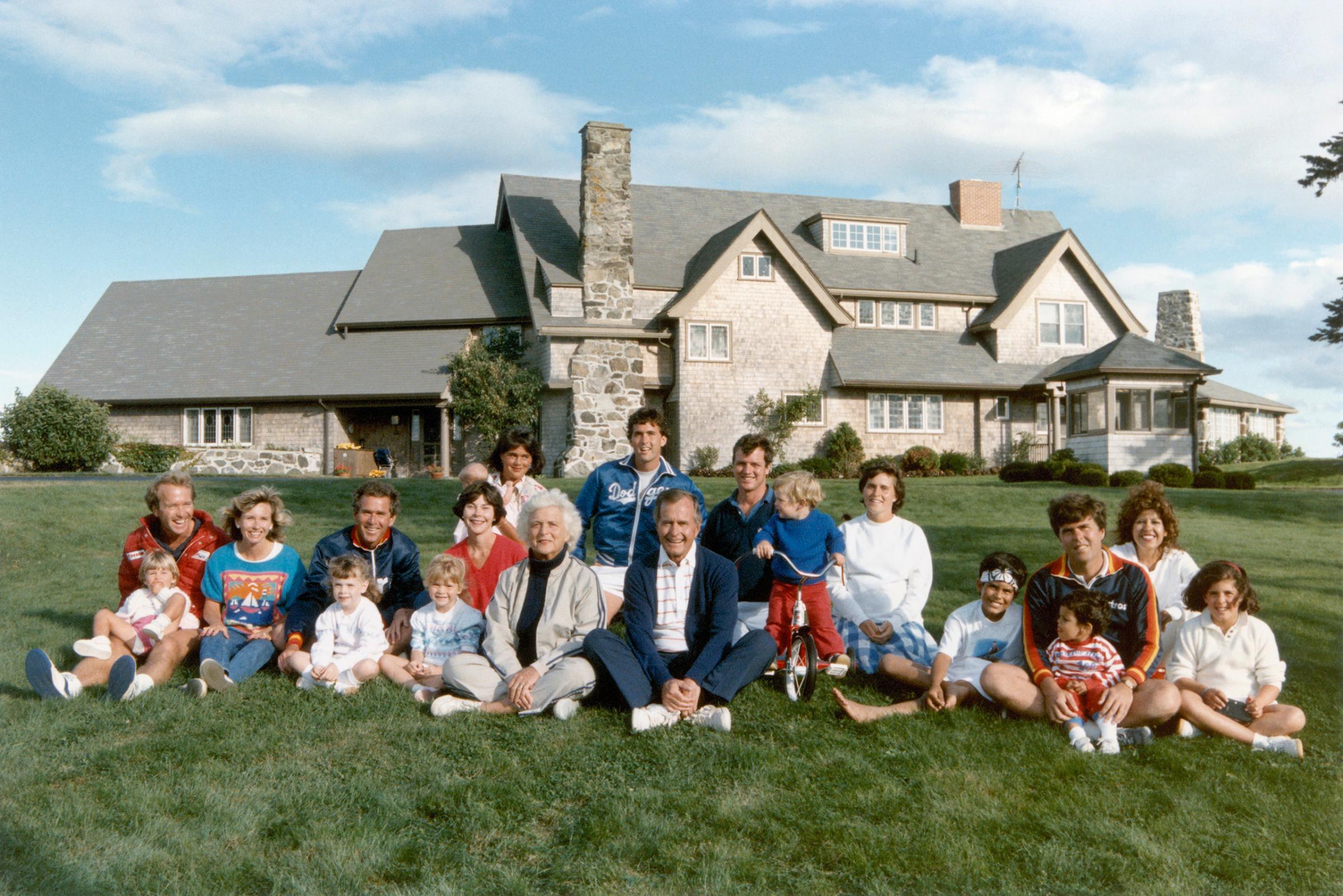
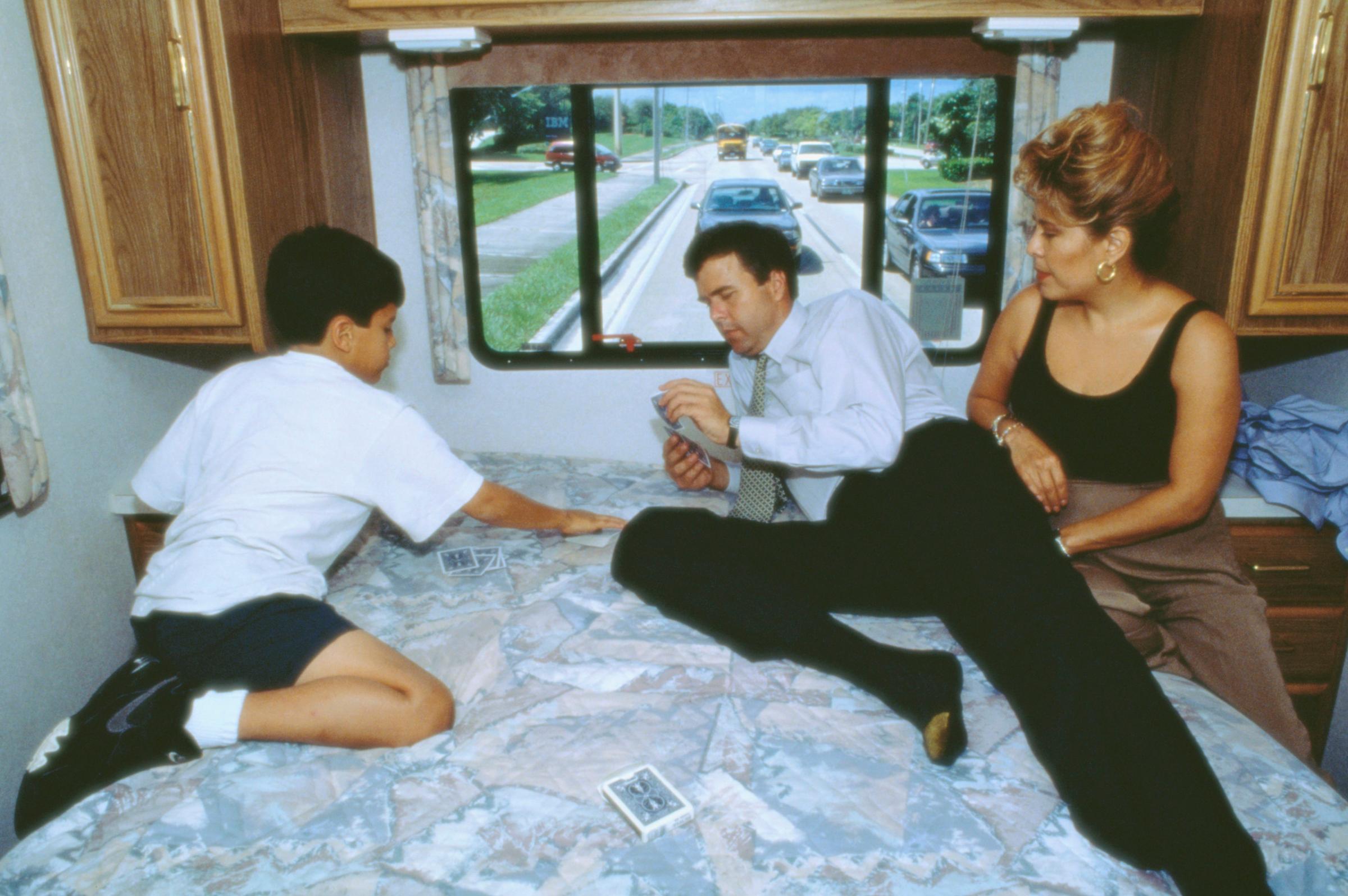
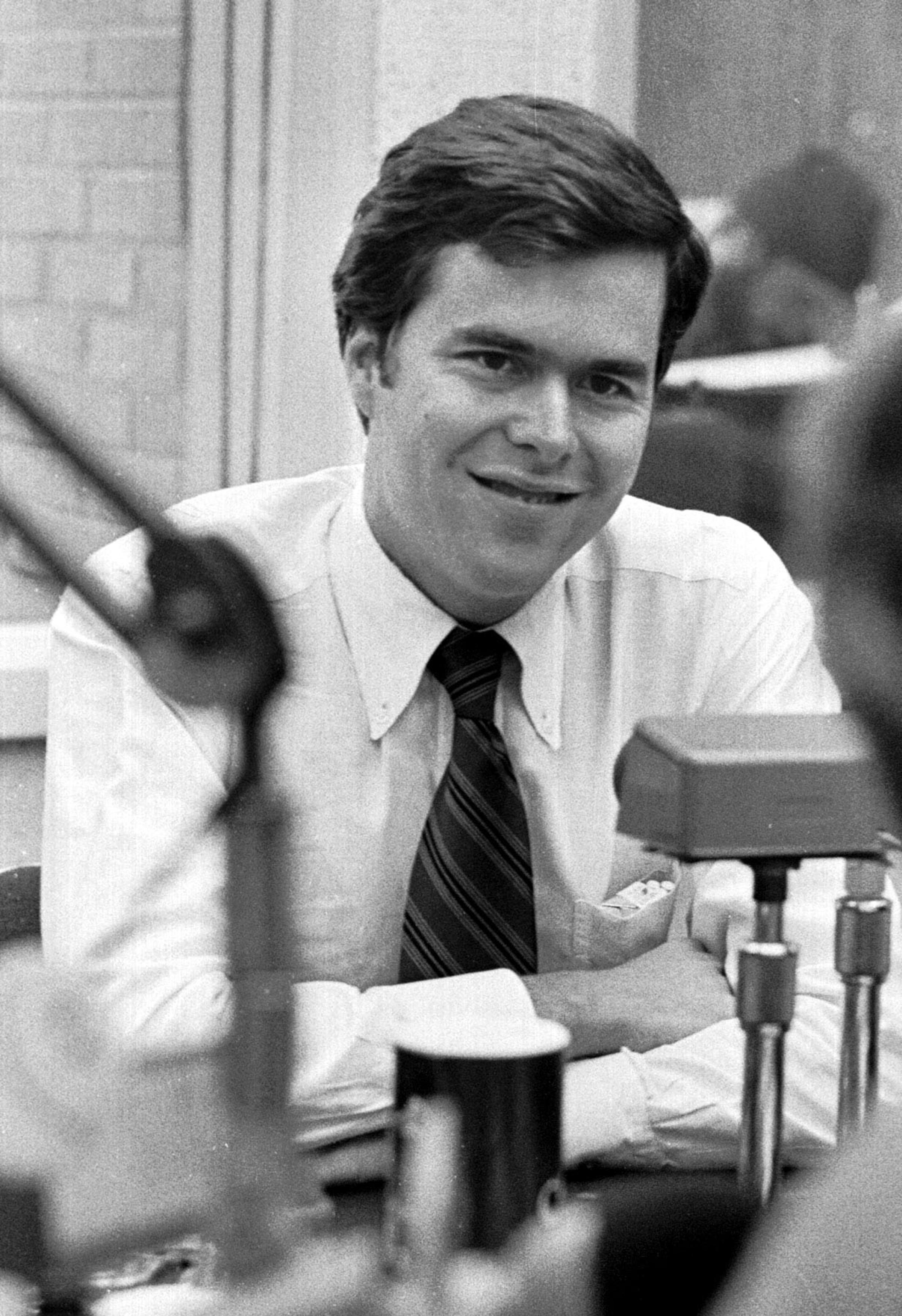
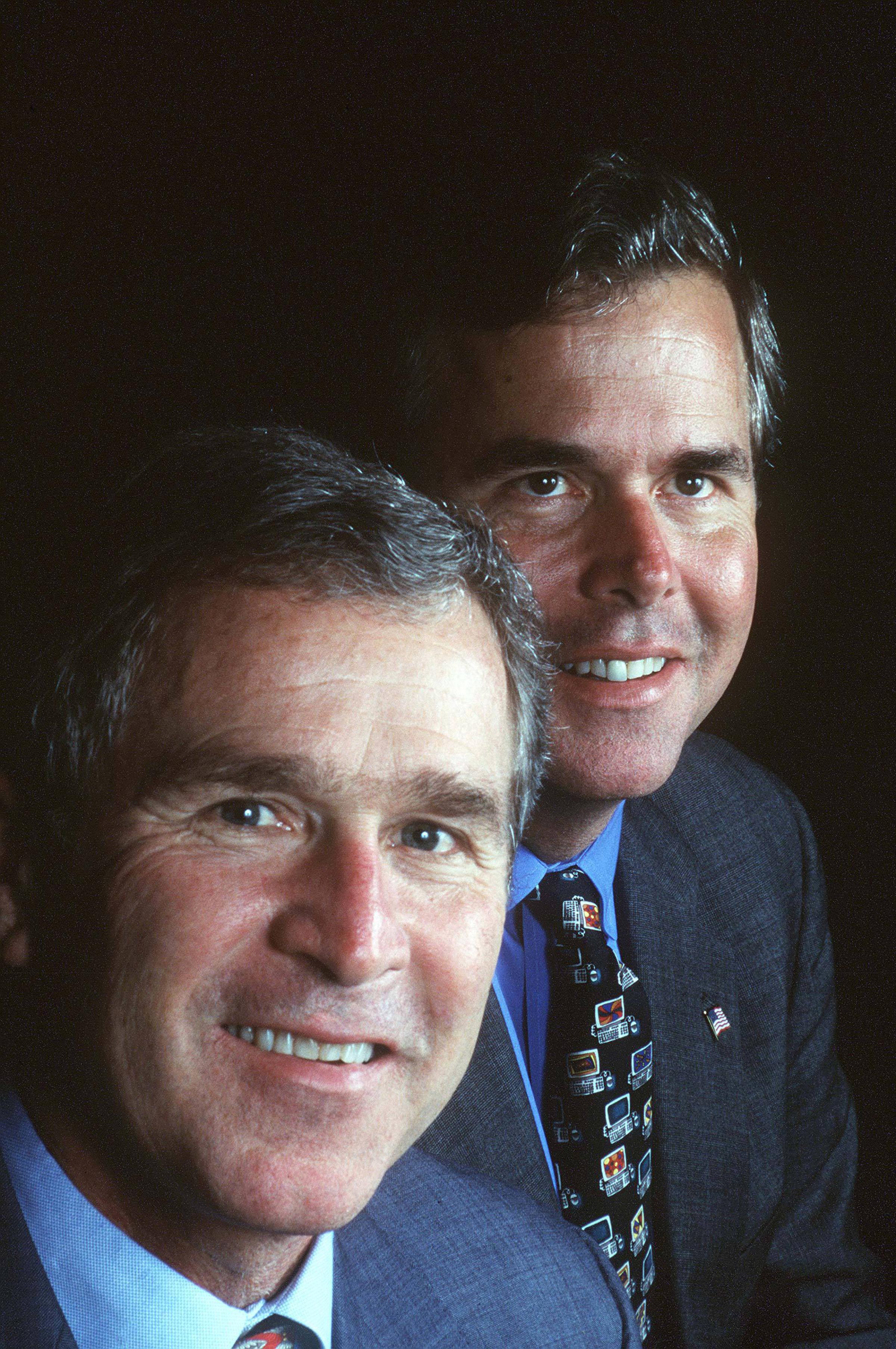
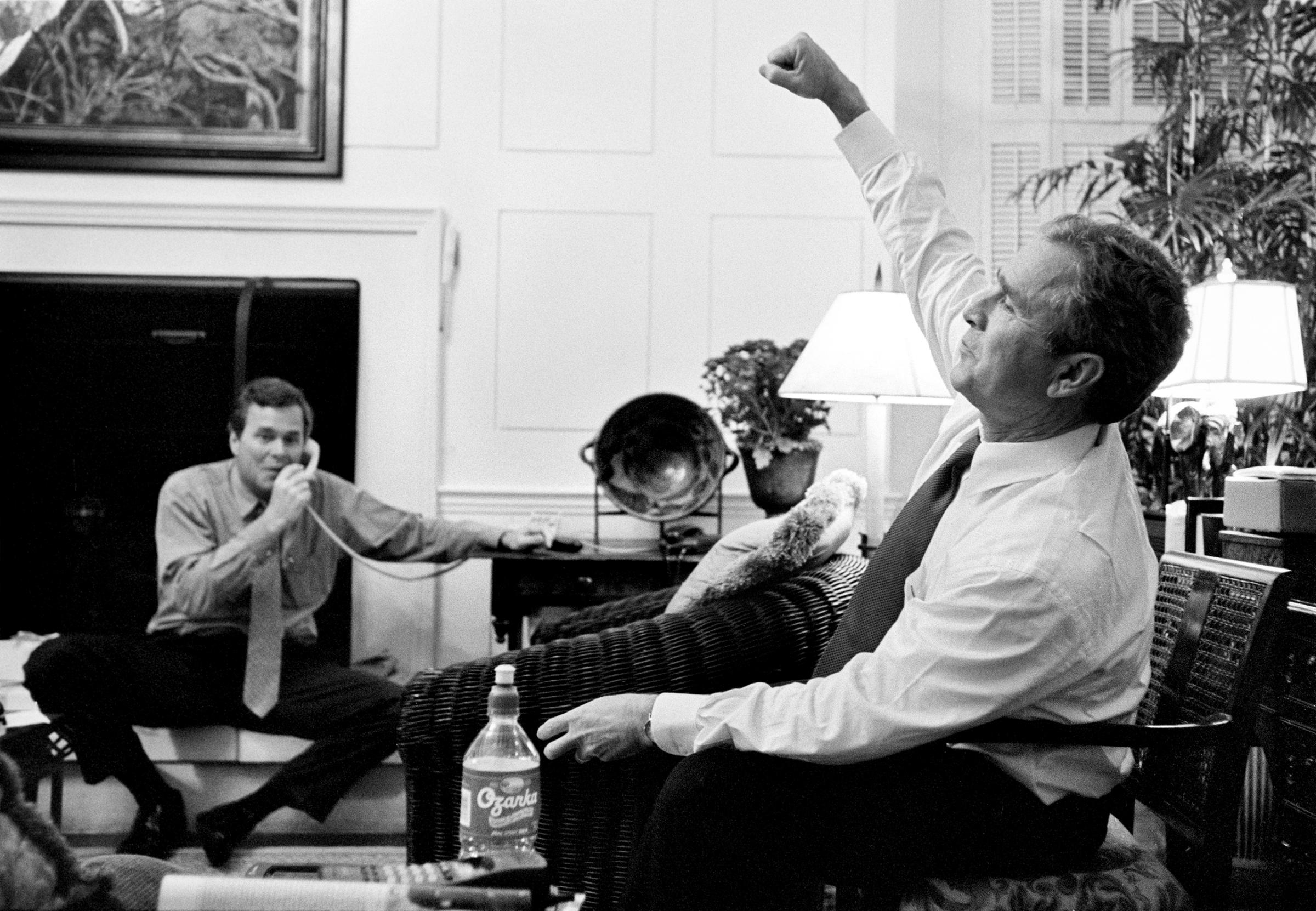
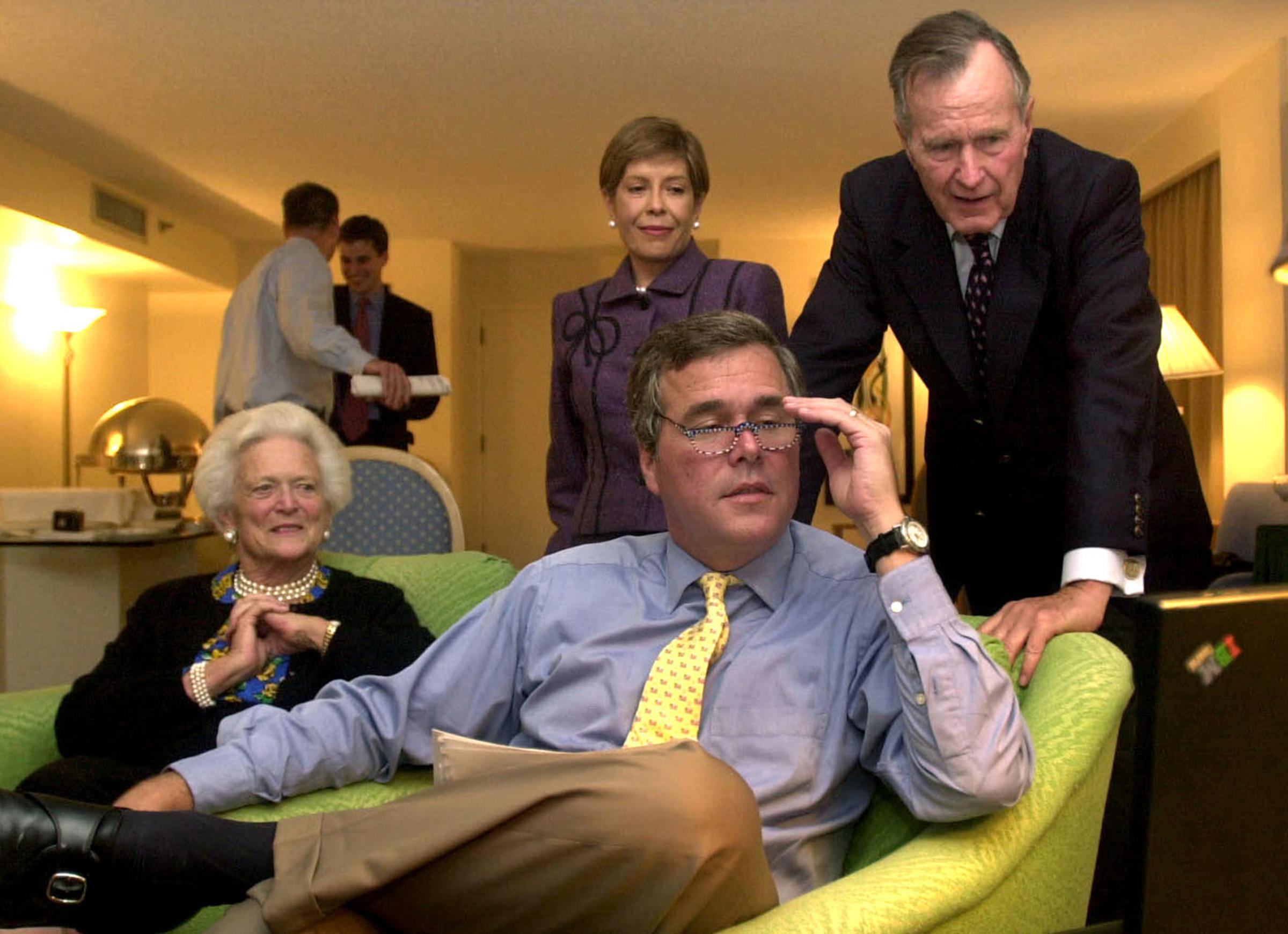
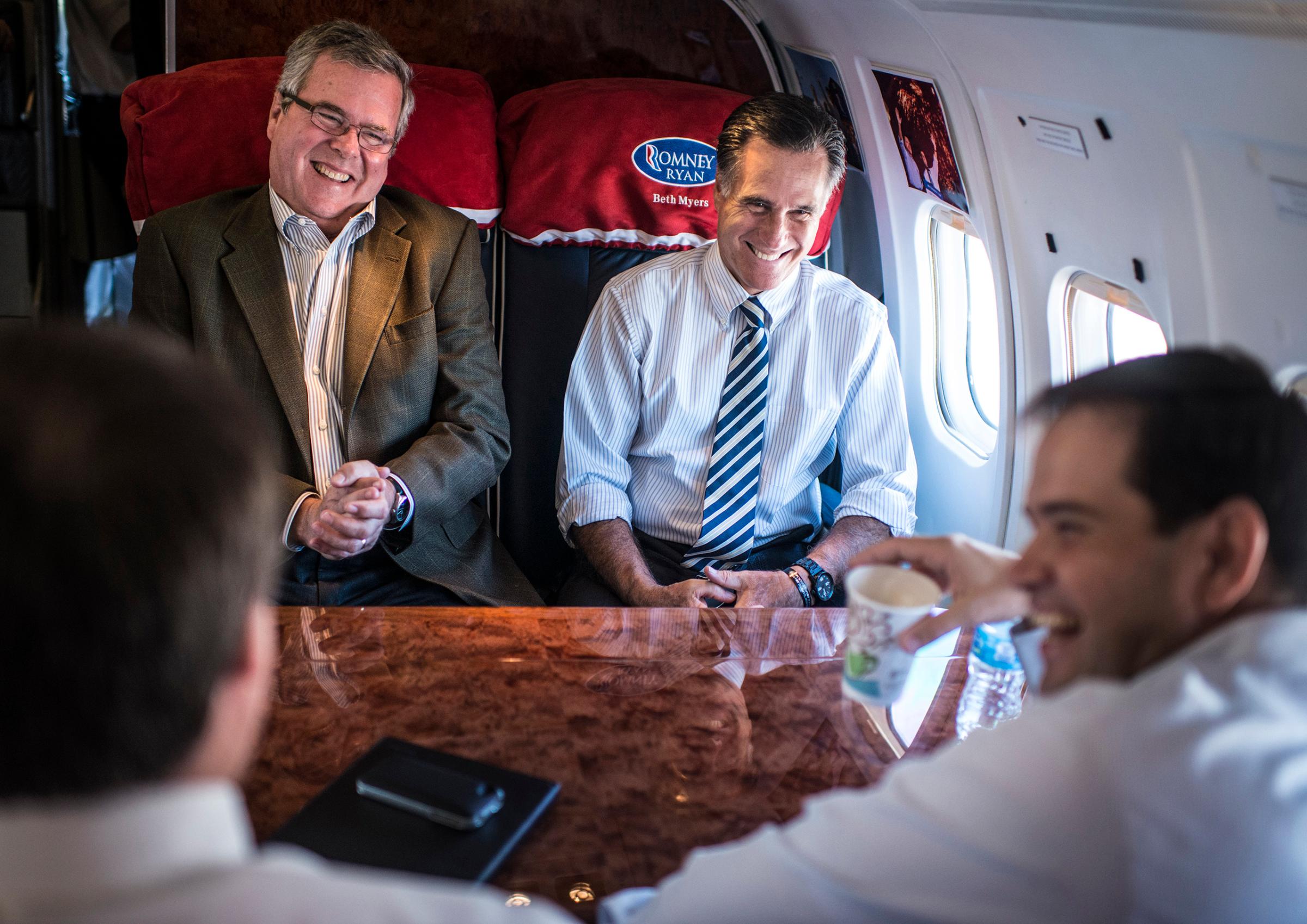
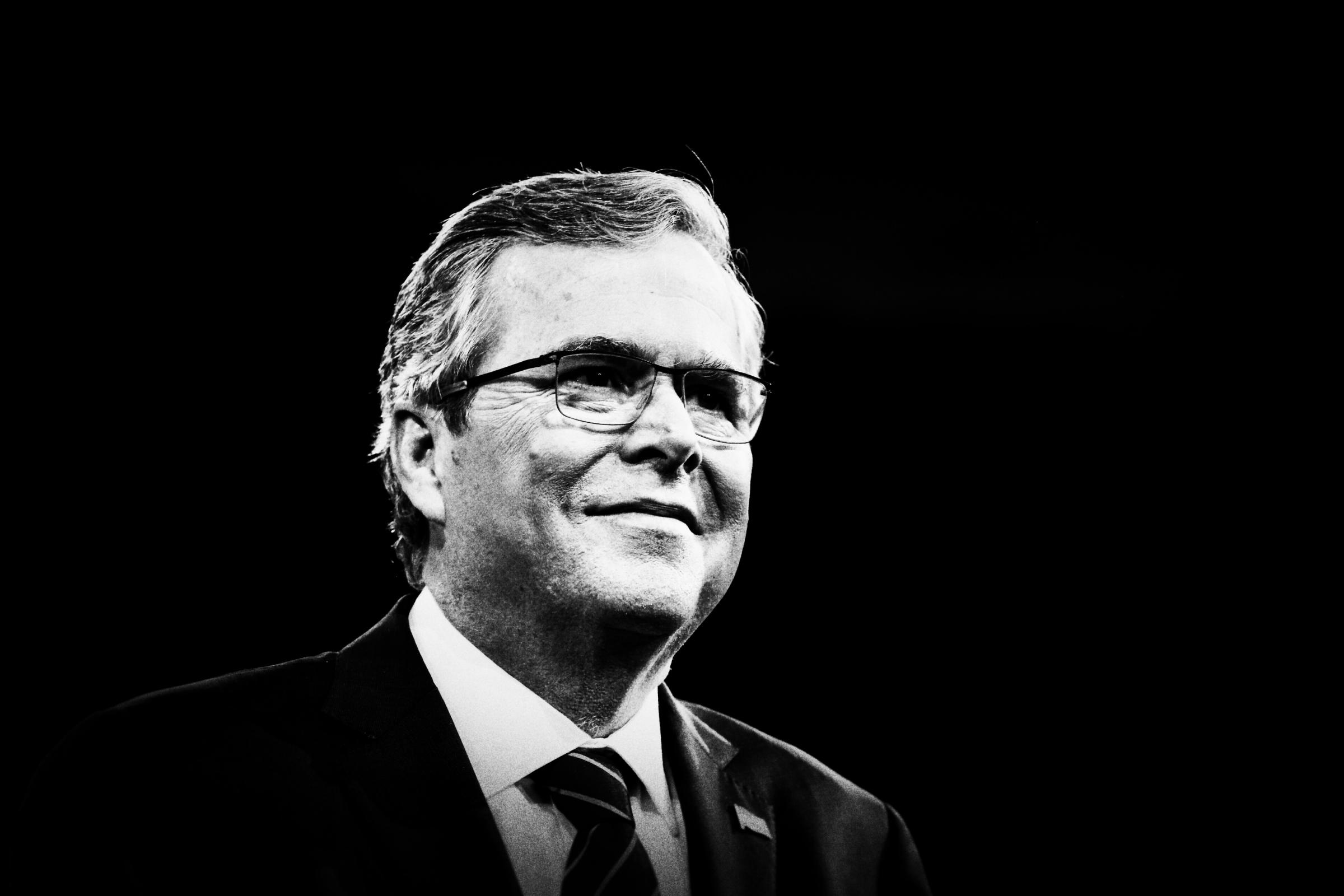
The rehearsed line came on the heels of one Florida newspaper suggesting Rubio resign from the Senate so that the state can have a full-time Senator in Washington. An outside group backing Bush also began repeating that line as a Rubio vulnerability.
But if a candidate is going to take a swing, it had better land, and the person who started the fight needs to be ready for the parry. Bush was not.
Rubio was prepared, rising above the attack to pitch himself as an optimistic candidate. “I’m not running against Governor Bush. I’m not running against anyone on this stage. I am running for President,” Rubio said to applause.
Read More: Rubio and Bush Trade Insults Over Missing Votes
The exchange was devastating for Bush, not so much on the substance—the criticism of Rubio may yet pan out—but on the style. It fed into a quickly firming narrative that Bush’s campaign is on a potentially irreversible decline. Bush looked flustered and then fumbled—and later seemed to fade into the backdrop as his rivals claimed more time and drew more interest.
It was part of a series of bad breaks for Bush. Kasich came out swinging, criticizing Trump and retired neurosurgeon Ben Carson’s economic plans as “fantasy,” Bush futilely tried to insert himself into the debate. He was cut off by the moderators.
Bush tried to recover. When former Arkansas Gov. Mike Huckabee noted he was wearing a tie licensed by Trump’s branding, Bush again tried to jump in. “Is it made in China or Mexico?” Bush asked. It had little effect.
Not long after, Bush was asked about online sports wagering. Bush bragged that his team is 7-0 on the season before suggesting that there should be government regulation of fantasy football sites. Christie erupted, citing the threat of ISIS and the national debt. “We’re talking about fantasy football?” It was among the brash former prosecutor’s better moments, but hardly the lone example of why Democrats fear him as a potential GOP nominee.
Going into the debate, Bush’s advisers said they thought the economic-focused debate would be in their wheelhouse. Instead, the night left the brother of one President and son to another on the defense and struggling to inject himself. The bookishness that made Bush eager for the debate rendered him unremarkable. “Bush’s campaign may be over,” former Obama adviser Dan Pfeiffer said on Twitter.
Bush’s advisers collectively understood what was happening even as the debate continued. His campaign manager, Danny Diaz, argued with a CNBC producer about speaking time even before the event ended. Afterwards, Diaz expressed frustration with the network, but argued Bush made the most of his time on stage. Diaz indicated that Bush would not retreat from the Rubio criticism.
“He doesn’t have a demonstrated record of achievement,” Diaz repeated to reporters.
Read More: Bush Campaign Targets Rubio as ‘GOP Obama’ to Donors
Regardless of the spin, the debate left Bush weaker, and emboldened his rivals.
For months, Rubio had avoided breakout moments, purposefully downplaying solid debate performances to avoid peaking too early. Wednesday’s debate firmly established him on the ascendance, and his campaign was done taking the backseat. Speaking to reporters, Sullivan, the Rubio manager, openly encouraged Bush donors to switch their allegiance to his candidate.
Endearing himself to the party’s base, Rubio went with a surefire crowd-pleaser to avoid questions he didn’t want to answer: “The Democrats have the ultimate super PAC. It’s called the mainstream media.” Cruz joined that act. “The questions that have been asked so far in this debate illustrate why the American people don’t trust the media,” Cruz said, picking up criticism others in conservative circles had for the CNBC hosts. “This is not a cage match.”
The media criticism was also embraced by Trump, who has been in denial over declining poll numbers in Iowa and nationally. “That’s not a very nice question,” Trump said to one query. But in contrast to previous performances, the exchange was from a position of weakness.
Carson, the darling of evangelicals, faced questions about his business dealings, including a controversial supplement company in whose videos he appeared. Carson denied it—in the face of overwhelming evidence otherwise—and drew boos from the crowd against the reporter who asked him about it. It showed that the party’s base has little interest in parsing facts in this debate season.
Read More: Watch the Audience Boo the Moderators
To that end, Fiorina again offered a stand-out performance with her limited time. But she still struggled to explain her tumultuous record as the CEO of HP.
Bush was not alone in his struggle to be relevant. “What are the rules on who gets to follow-up?” Sen. Rand Paul of Kentucky asked, trying to fight his way into the debate after barely qualifying for the stage. “I’d really like mention something about my tax plan.” It was representative of Paul’s troubles in breaking through as the top-tier candidates won time and headlines through invectives. Even his family’s “audit the Fed” pitch was co-opted by Cruz.
All eyes were on Bush as he left the debate state. Bush had pledged to run a joyful campaign, yet he looked on the verge of losing his composure at several moments. It is as though he kept replaying his statement from recent days, suggesting he could be doing other things and having more fun. “I’ve got a lot of really cool things I could do other than sit around, being miserable, listening to people demonize me and me feeling compelled to demonize them,” Bush said on a recent campaign swing through South Carolina. “That is a joke. Elect Trump if you want that.”
Judging from the amount of time each candidate had to make his or her case, it might not be Trump. But if minutes were votes, Bush was the clear loser at the end of two hours. He got 6 minutes and 39 seconds, besting only Paul by just 24 seconds, according to NPR’s timers. It’s not clear that more time would have been helpful to Bush, however. The minutes he did have to make his case may only hasten his fall.
Read Next: Jeb Bush Talks to TIME about Being a Joyful Grinder
See Jeb Bush's Life in Photos
















More Must-Reads from TIME
- Why Trump’s Message Worked on Latino Men
- What Trump’s Win Could Mean for Housing
- The 100 Must-Read Books of 2024
- Sleep Doctors Share the 1 Tip That’s Changed Their Lives
- Column: Let’s Bring Back Romance
- What It’s Like to Have Long COVID As a Kid
- FX’s Say Nothing Is the Must-Watch Political Thriller of 2024
- Merle Bombardieri Is Helping People Make the Baby Decision
Write to Philip Elliott at philip.elliott@time.com